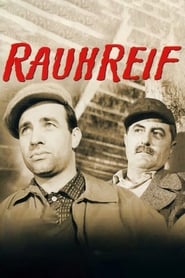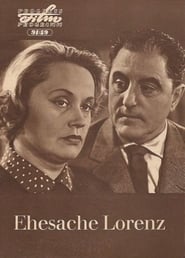detail profile martin fl c3 b6rchinger
Peran Yang Di Mainkan Martin Flörchinger
 Anneliese is living together with her...
Anneliese is living together with her...Captive Love 1994
Anneliese is living together with her son Florian on a run-down farm. But her exaggerated demands drive him mad. The 14-year-old son is supposed to fulfill his mother’s dreams and become a chemist. The boy fits his wishes, but he secretly dreams of becoming a farmer. Then, the situation escalates.
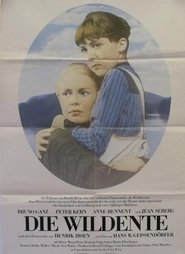 Consul Werle holds a reception in...
Consul Werle holds a reception in...The Wild Duck 1976
Consul Werle holds a reception in honour of the homecoming of his son Gregers. At the reception, Gregers meets his childhood friend, Hjalmar Ekdal, who is married to Gina, a former maid of the Werle family. Hjalmar is unaware that Werle had an affair with Gina and that their 14-year-old daughter Hedwig is not his child. Gregers moves in with the Ekdals with the intention of allowing unsuspecting Hjalmar and his family to share in the "happiness of truth". Hedwig is entirely devoted to a wild duck, which lives on a pond outside their house. When Hjalmar learns the truth about his daughter, he wants to leave his family. Gregers advises Hedwig to kill the wild duck so that her father, impressed by this sacrifice, will return home. On the following day, Hedwig's birthday, she doesn't shoot the duck, but shoots herself instead.
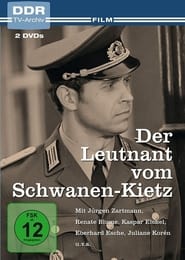 The film describes the activity of...
The film describes the activity of...Der Leutnant vom Schwanenkietz 1974
The film describes the activity of an ABV of the People's Police in its section in East Berlin. A mixture of “positive” characters from the beginning, the extensively staged “owl”, who is introduced as a criminal and over the course of time, especially due to the influence of the ABV, develops into a good citizen, and incorrigible characters, with whom the ABV fails with its extensive attempts at rehabilitation and who are arrested after having committed again offenses.
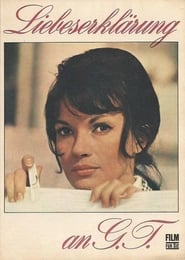 Dr Gisa Tonius a physicist in...
Dr Gisa Tonius a physicist in...Declaration of Love to G.T. 1971
Dr. Gisa Tonius, a physicist in her thirties who has a nearly adult stepdaughter, cherishes the desire to have her own child. Suddenly, a big interdisciplinary research project threatens to significantly change Gisa′s life. Uncertain whether to look for professional or private fulfillment she asks her family and friends for their opinions. They all have different views on the point at issue. While her husband is afraid of losing her to her profession, her professor thinks that because of her talent she has an obligation towards science. In the end, Gisa reaches a decision: She wants to have a baby as well as take on the research project.
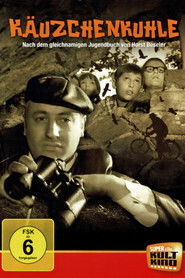 A young boy Jampoll is spending...
A young boy Jampoll is spending...Treasure on the Bottom of the Lake 1969
A young boy Jampoll is spending the summer in his grandfather village where he fights criminals using his friends help.
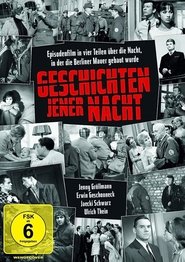 Four directors four styles four episodes...
Four directors four styles four episodes...Geschichten jener Nacht 1967
Four directors - four styles - four episodes, all relating the events of a single night which has entered the history books: August 12-13, 1961. There are thousands of complex narratives connected with the frontier drawn through the middle of Berlin, and each episode relates the story of a difficult decision made on that night...
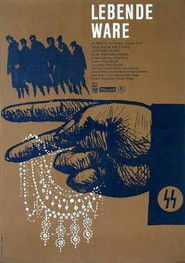 In 1944 SSObersturmbannfhrer Becher arrives in Budapest...
In 1944 SSObersturmbannfhrer Becher arrives in Budapest...Lebende Ware 1966
In 1944, SS-Obersturmbannführer Becher arrives in Budapest in order to obtain material for the Waffen-SS. At the same time, he starts to gather private property by offering an insidious choice to the corporation′s Jewish majority shareholder, Dr. Chorin: Either Chorin assigns the company to Becker "on his own free will" – thereby obtaining the permission to travel abroad - or he his family will end up in an extermination camp.
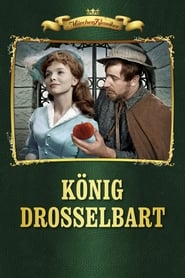 A fairytale about a beautiful but...
A fairytale about a beautiful but...King Thrushbeard 1965
A fairy-tale about a beautiful but very haughty princess Anna who cruelly mocks each of her suitors. Finally she is forced by the king to marry a beggar. The poor life, hard work and love teach the princess a lesson and turn her into a loving and kind person.
 After a breakdown Rita returns to...
After a breakdown Rita returns to...Divided Heaven 1964
After a breakdown, Rita returns to her childhood village in 1961. As she recovers, she remembers the past two years: her love for the chemist Manfred, ten years her senior; how his enthusiasm about his new chemical process turned to bitter disappointment in the face of official rejection; how he escaped to West Berlin a few weeks before the Wall was built and hoped that she would follow him …
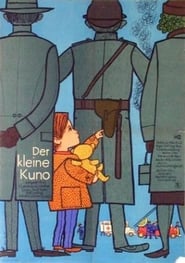 What do grownups actually do at...
What do grownups actually do at...Der kleine Kuno 1959
What do grown-ups actually do at night? Little Kuno has been asking himself this question a lot lately. One day, the curious six-year-old decides to get to the bottom of it and sneaks outside his house at night. He wanders around the streets aimlessly and experiences some very exciting things.
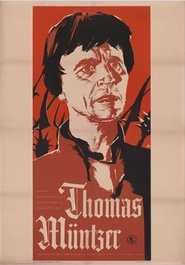 In 1523 young Thomas Mntzer arrives with...
In 1523 young Thomas Mntzer arrives with...Thomas Müntzer 1956
In 1523, young Thomas Müntzer arrives with his wife Ottilie in the Thuringian village Allstedt to assume the rectorate. As a follower of Luther′s teachings, he finds in the Bible not only reasons for clerical, but also for secular reforms. But when Luther turns away from the rural population after a discord with Müntzer, it is Müntzer who becomes the peoples′ spokesman. He is forced to go to Southern Germany, where he convenes with revolting farmers. But his way leads him back to Thuringia. In 1525, he and Heinrich Pfeiffer form the centre of the Thuringian peasant uprising in Mühlhausen, but their success is diminished by the fact that peasants and craftsmen don′t seem to be able to work together. In Frankenhausen, Müntzer becomes the leader of a peasants′ army that is set to fighting the ruler′s army – and sustains a devastating loss. Müntzer is arrested and sentenced to death by decapitation for his insurgency.
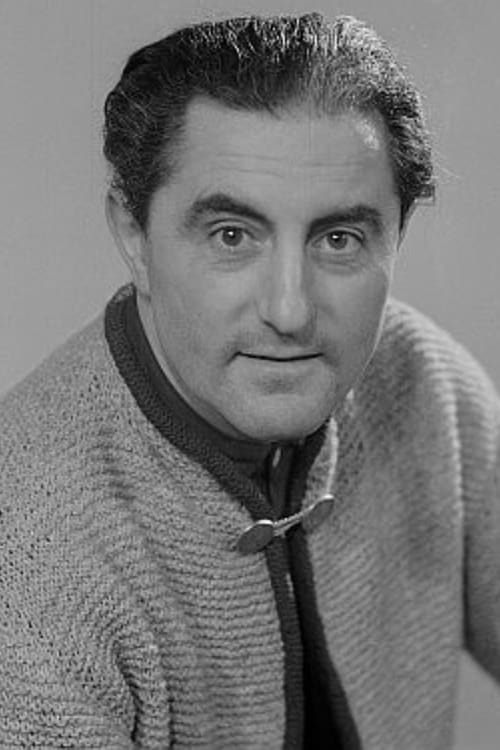
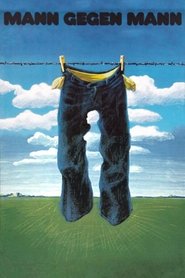 Robert and Michael meet on their...
Robert and Michael meet on their...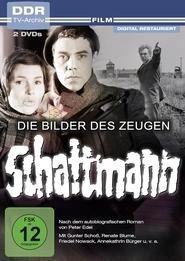
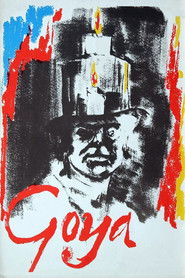 As a painter in the court...
As a painter in the court...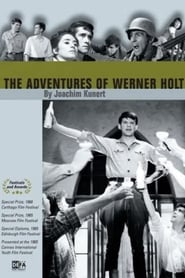 Two 17yearolds Werner Holt and Gilbert...
Two 17yearolds Werner Holt and Gilbert...